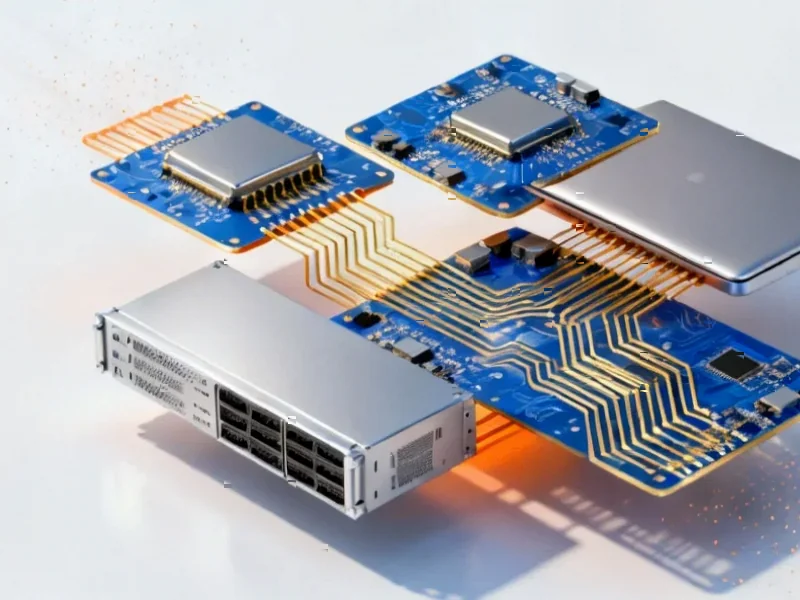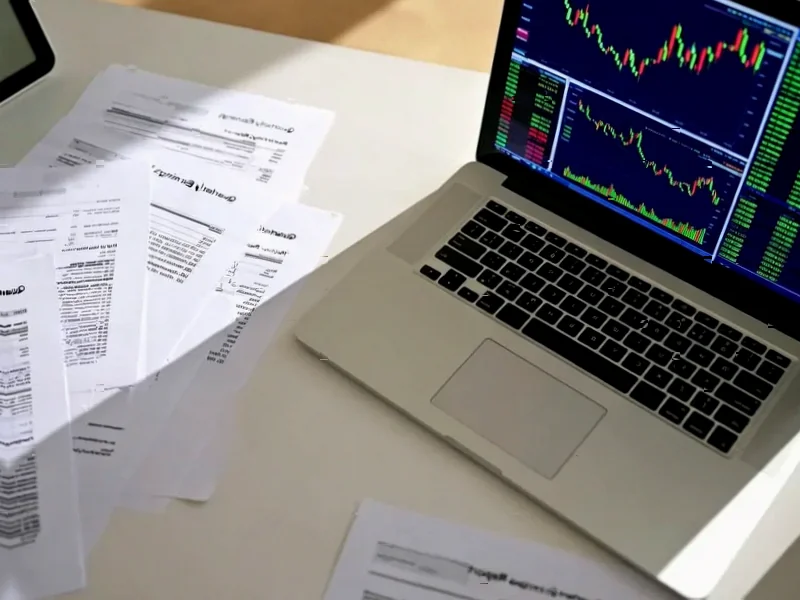According to DIGITIMES, Foxconn Technology Group Chairman Young Liu called for a Taiwan-Japan electric vehicle alliance during his speech at the Nikkei Forum in Tokyo. Liu outlined Foxconn’s strategy to remain a design and manufacturing service provider rather than becoming a branded automaker itself. He revealed that China’s share of Foxconn’s total output has dropped from nearly 100% three decades ago to about 65% today due to expansion into India, Vietnam, and Mexico. Liu explained this shift was driven by geopolitical changes and the trend toward regional production. He also discussed Foxconn’s AI transformation, categorizing it into generative AI for daily functions and disruptive AI that could reshape business models.
<h2 id="foxconn-china-exit”>The great China decoupling
Here’s the thing about that China manufacturing number: dropping from nearly 100% to 65% is massive when you consider Foxconn’s scale. We’re talking about one of the world’s largest manufacturers basically admitting they’re actively reducing their China dependence. And they’re not being subtle about it either – Liu straight up called out geopolitical shifts and nations prioritizing domestic prosperity as the drivers.
But what’s really interesting is how they’re doing it. They’re not just moving to one alternative location – they’re spreading across India, Vietnam, AND Mexico. That’s basically covering all the major manufacturing hubs that companies are fleeing to. And Liu’s criteria? Labor availability and government policy, plus client consultations. Translation: they’re going where the workers are and where governments are rolling out the red carpet.
Why Taiwan plus Japan equals EV gold
So why this specific push for Taiwan-Japan collaboration? Liu basically said it’s the perfect combo: Taiwan’s agile ICT sector meets Japan’s automotive precision. And he’s not wrong. Taiwan knows how to move fast with electronics and software, while Japan brings that legendary manufacturing quality and automotive expertise.
But here’s what they’re really after: Foxconn wants to be the manufacturing partner for everyone. They’re not trying to become the next Tesla – they want to build cars FOR the Teslas AND the legacy automakers AND the startups. It’s a smart play, really. Why compete directly when you can supply all the competitors?
AI is eating manufacturing
Liu’s comments about AI are particularly telling. When he talks about “disruptive AI” that can reshape business models, he’s basically saying the manufacturing world as we know it is about to get turned upside down. And Foxconn isn’t waiting around – they’re already using generative AI for meeting transcription, translation, and data collection.
Think about that for a second. One of the world’s largest manufacturers is openly talking about AI fundamentally changing how they operate. That’s not some distant future talk – that’s happening right now in their factories and offices.
Who wins and who loses
So what does all this mean for the EV landscape? Basically, we’re looking at a potential powerhouse alliance that could seriously challenge Chinese EV dominance. If Taiwan’s tech speed combines with Japan’s manufacturing quality, that’s a formidable combination.
The losers? Probably traditional supply chains that haven’t adapted. And Chinese manufacturers who thought they had the low-cost manufacturing game locked up. Foxconn’s diversification away from China is a huge signal to the industry – the old way of putting all your manufacturing eggs in one basket is over.
Now the question is: can they actually execute? Building cars is hard, and building them across multiple countries with different regulations and supply chains is even harder. But if anyone has the scale and experience to pull it off, it’s probably Foxconn.




